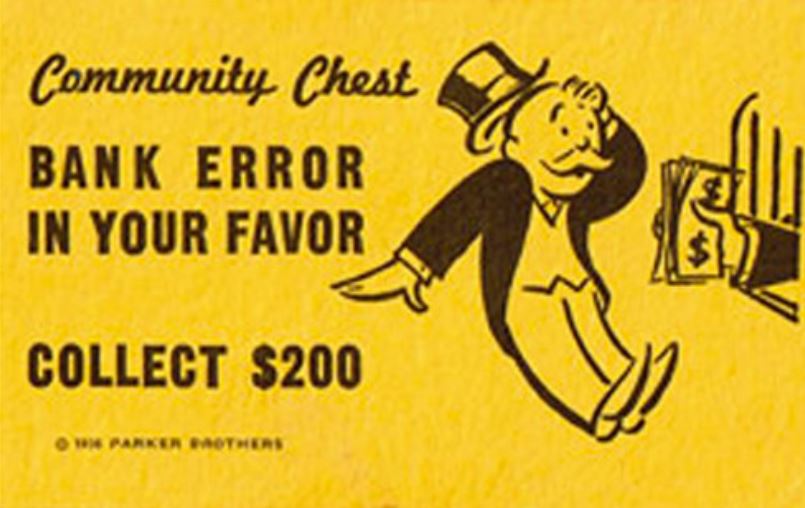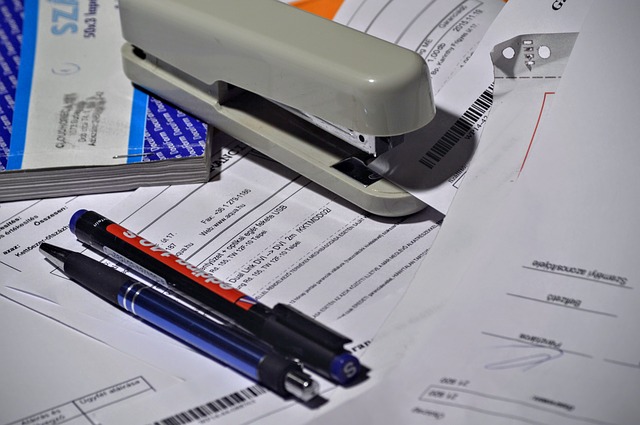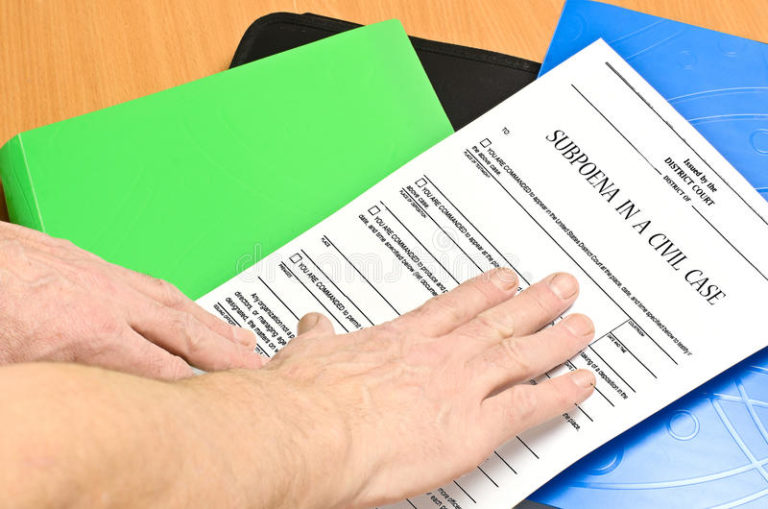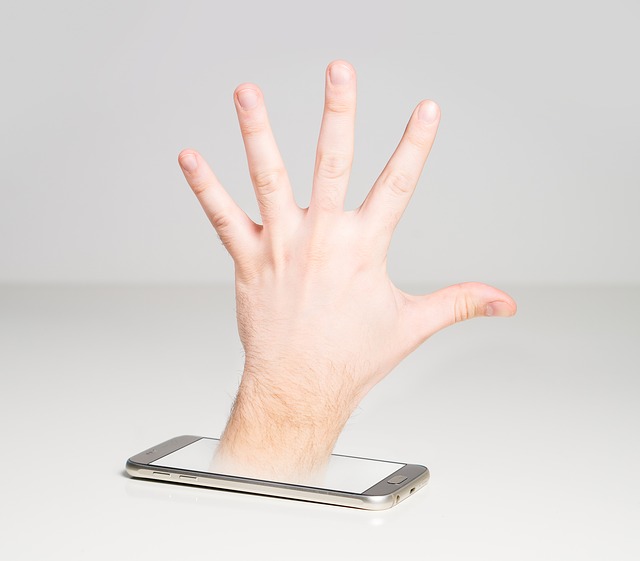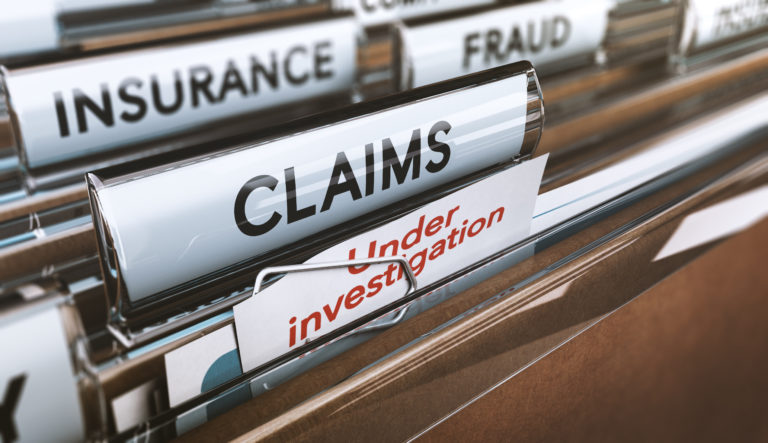Can a Bank Error Get You Accused of Fraud?
Remember the old Monopoly card? “Bank error in your favor, collect $200?“
Bank errors do happen, and sometimes they result in unexpected deposits ending up in your account. Unfortunately, if you treat that money like a windfall and run out to start spending that money, you could end up in a lot of trouble.
For example, there’s currently a Louisiana case happening where a woman received $1.2 million dollars after a bank error. She is now facing theft and wire fraud charges.
https://www.youtube.com/watch?v=b3BgBFNzqcQ
What the Prosecution Would Say
If you spend funds that you received as a result of a bank error then you are likely to face charges. You don’t have a legal right to that money.
The prosecution will say that you had a legal obligation to notify the bank and return the money as soon as you became aware of the error. Indeed, many bank service contracts include clauses which require depositors to notify them of errors within 60 days.
They will also say that you have an obligation to transfer that money back upon request. Even if the bank reverses the transaction themselves they might file a police report if it’s a significant sum and it’s evident that you tried to spend, keep, or transfer the money.
What Your Defenses Could Be
There are a few defenses a competent lawyer can use on your behalf.
First, in order for you to have committed theft, you must have had an intent to deprive money from someone else without consent. Since the bank sent you the money you certainly didn’t intend to deprive anyone else. Same with wire fraud: you had to have an intent to deprive.
This defense will be most effective if you didn’t try to spend any of the money and don’t routinely check your accounts. Your defense attorney should be able to take your bank data to show that you did not try to make any purchases that were out of the ordinary for you.
If you did spend the money you and your defense attorney may have to work together to find a different strategy.
Why It’s Not Worth the Risk
If you’re not already convinced by the fact that you could face charges, there are a few other reasons why you might want to try to keep any money that mysteriously shows up in your bank account.
First, that would still be considered income by the IRS. You’d have to explain that money, and you’d have to pay taxes on it.
Next, the bank will absolutely drive your account into the red to take the money back, and will likely initiate civil collection actions against you.
All of these consequences can rain down on your head even if the error is discovered years later.
Accused of theft or fraud?
You need a defense attorney’s help right away. Reach out to Koch Law to set up a consultation.
See also:
In the News: Former Netflix VP Convicted of Fraud and Money Laundering
Should You Go to Court if Accused of a White Collar Crime?
3 Myths About White Collar Crime

